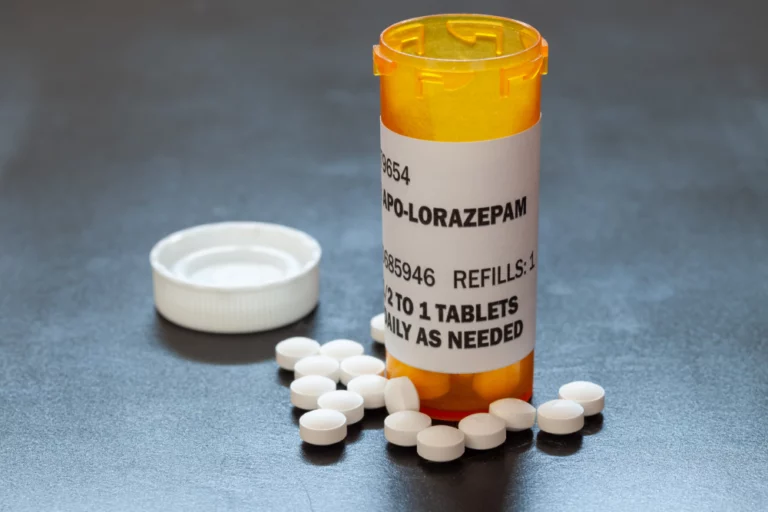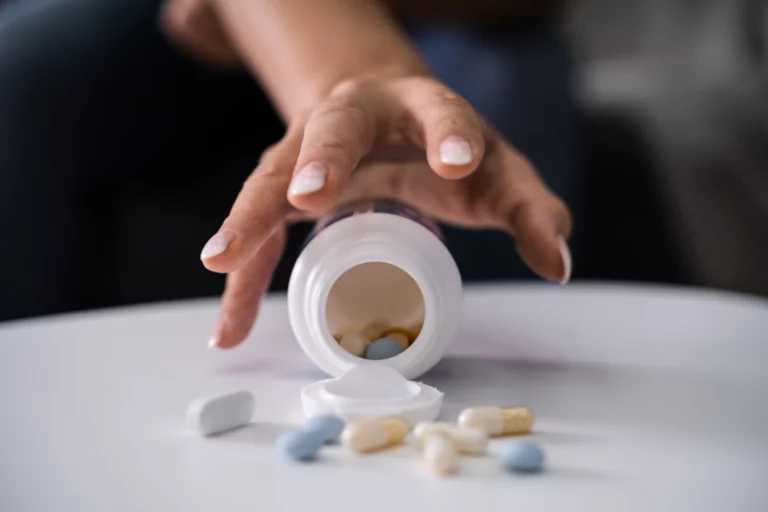In recent years, weed pens—also known as vape pens or cannabis vaporizers—have become a popular choice for those seeking a discreet, convenient, and often healthier alternative to traditional smoking methods.
While many consider them a safer option compared to smoking joints or blunts, the growing prevalence of weed pens has sparked a significant conversation about their potential dangers. As with any substance or device, it’s crucial to understand what weed pens are, how they work, and the risks they may carry, especially for those who may be vulnerable to addiction or misuse.
What Are Weed Pens?
Weed pens are handheld, battery-powered devices designed to vaporize cannabis oil or concentrate. These oils or concentrates typically contain the active compounds in marijuana—primarily THC (tetrahydrocannabinol), CBD (cannabidiol), and other cannabinoids—that provide the desired effects when consumed.
Weed pens are a part of a broader category of vaping devices, often seen as a more modern alternative to traditional smoking. The vape pen itself is composed of three primary components:
- Battery – This powers the device and heats the cannabis oil or concentrate. Most pens come with rechargeable batteries that can be plugged into a USB charger.
- Cartridge – The cartridge holds the cannabis concentrate. This concentrate is usually a mixture of THC or CBD extract dissolved in a carrier liquid (such as propylene glycol or vegetable glycerin), with added flavoring or terpenes for enhanced taste.
- Atomizer – The atomizer is the heating element that vaporizes the cannabis concentrate, converting it into vapor that the user inhales.
Unlike traditional smoking methods, where the combustion of plant material creates harmful toxins, weed pens rely on heating the cannabis concentrate without burning it. This process is known as vaporization, and proponents claim it produces a smoother, less harmful experience.

How Do Weed Pens Work?
To use a weed pen, the user simply presses a button (in some models) or draws on the mouthpiece to activate the device.
The battery heats up the concentrate in the cartridge, causing it to turn into vapor, which the user inhales through the mouthpiece. Depending on the design of the pen, some models allow for temperature control, while others have preset settings that optimize vaporization.
Because weed pens vaporize cannabis rather than combust it, they are generally seen as less harmful than traditional methods of smoking, such as joints or blunts.
This is because vaporization eliminates the harmful byproducts of combustion, such as tar and carbon monoxide, which can irritate the lungs and cause long-term health issues.
The Appeal of Weed Pens
There are several reasons why people may choose weed pens over other consumption methods. Here are a few:
- Discretion: Weed pens are small, portable, and produce minimal odor, making them ideal for users who want to enjoy cannabis discreetly in public or private spaces.
- Convenience: Vaping with a weed pen is often more convenient than rolling a joint or preparing other methods of consumption. Many pens are pre-filled with concentrate, meaning there’s no need for grinding or preparation. Simply charge the device, click the button (or inhale), and you’re good to go.
- Health Considerations: Some people turn to weed pens because they believe vaporization is a healthier alternative to smoking. While smoking combusted cannabis involves inhaling potentially harmful substances, vaporization heats the cannabis concentrate to a temperature that releases cannabinoids without burning the material.
- Variety of Strains: Weed pens are available in a wide range of strains, each offering different flavors, effects, and concentrations of cannabinoids. This provides users with a tailored experience based on their personal preferences.

The Dangers of Weed Pens
While weed pens may seem like a safe and effective alternative to smoking cannabis, they are not without risks. Below are some of the most significant dangers associated with their use:
1. Addiction Potential
One of the most significant dangers of weed pens is the potential for addiction. While cannabis is often thought of as a non-addictive substance, regular use—especially when using products with high levels of THC—can lead to dependence and addiction.
When cannabis is vaporized and inhaled, THC enters the bloodstream rapidly, producing effects that can range from euphoria and relaxation to impaired coordination and short-term memory.
Over time, habitual use of high-THC products can lead to changes in the brain’s reward system, making it harder for users to feel pleasure from everyday activities. This can result in cravings, tolerance, and withdrawal symptoms when not using cannabis.
The convenience of weed pens can exacerbate the risk of addiction. Because they are portable, discreet, and easy to use, individuals may find themselves using the device more frequently throughout the day. Additionally, the ease of use can make it difficult for some to regulate their consumption, leading to a cycle of increasing use and dependency.
2. Health Risks of Inhalation
While vaping cannabis may seem healthier than smoking, inhaling vapor is not entirely without risks. Some studies suggest that certain chemicals used in vape pens, such as propylene glycol and vegetable glycerin, can break down into toxic substances when heated.
These substances may irritate the respiratory system and potentially contribute to lung damage when inhaled over long periods.
Moreover, there have been reports of serious lung injuries linked to vaping. In 2019, the Centers for Disease Control and Prevention (CDC) investigated a nationwide outbreak of lung injuries associated with vaping.
While the majority of cases were tied to vaping illicit cannabis products containing vitamin E acetate, the overall findings raised concerns about the safety of vaping cannabis.
There is also the risk of contaminants in unregulated cannabis products. In some cases, weed pens have been found to contain harmful additives, pesticides, or other toxic chemicals that could pose significant health risks to users. Without proper regulation of the cannabis market, it’s difficult to ensure the purity and safety of the products being used.
3. Mental Health Effects
THC is the psychoactive compound in cannabis, and when consumed in high doses or over extended periods, it can have adverse effects on mental health. For some individuals, particularly those with underlying mental health conditions, frequent use of high-THC products can trigger anxiety, paranoia, or even psychosis.
For young people whose brains are still developing, regular use of weed pens may have long-term effects on cognitive function and emotional regulation. Research has shown that early and consistent cannabis use can affect attention, memory, and decision-making abilities, as well as increase the risk of developing mental health disorders, such as depression or anxiety.

4. Regulation and Quality Control Issues
One of the biggest concerns with weed pens is the lack of standardization in the cannabis industry, particularly when it comes to vaping products. While some states have legalized cannabis and regulate dispensaries, many products still enter the market without sufficient testing or quality control.
Unregulated products—especially those purchased from unlicensed or illicit sources—may contain harmful ingredients, including cutting agents, pesticides, and other contaminants that pose significant risks to consumers.
Additionally, the inconsistent potency of these products can lead to unintentional overconsumption, increasing the risk of adverse reactions.
5. E-Liquid Contamination and Explosions
There have been reports of weed pens exploding or catching fire, leading to serious injuries. These incidents are often related to faulty batteries or poor-quality e-liquids. The risk of explosions is particularly high with low-quality, counterfeit products or when using the wrong charger with the device.
Seeking Help for Addiction
While weed pens may seem like a convenient and enjoyable way to consume cannabis, it’s important to recognize the potential risks they carry. Whether you’re concerned about addiction, health issues, or any other aspect of your relationship with cannabis, seeking help is the first step toward recovery.
If you or someone you know is struggling with addiction, it’s never too late to reach out for help. Asheville Detox Center is here to provide compassionate, professional support to help individuals overcome addiction and reclaim their lives. We offer a variety of detox and rehabilitation services tailored to meet the unique needs of each individual, including those struggling with substance use related to cannabis.
Don’t wait for things to get worse. If you’re ready to make a change, contact Asheville Detox Center or call us today. Our team is here to guide you on the path to recovery.







